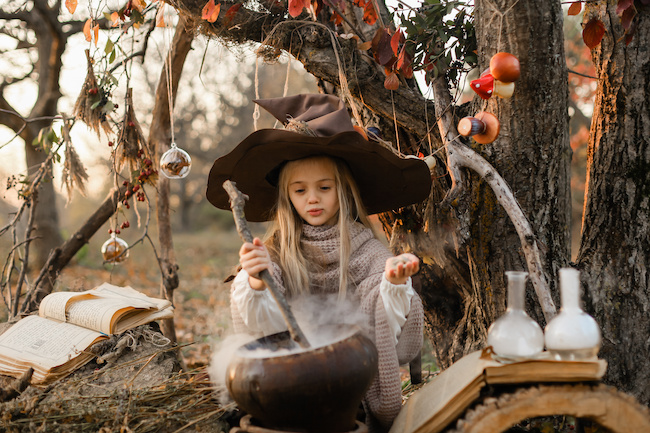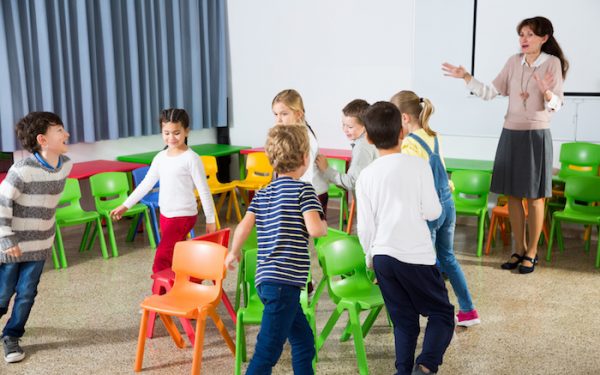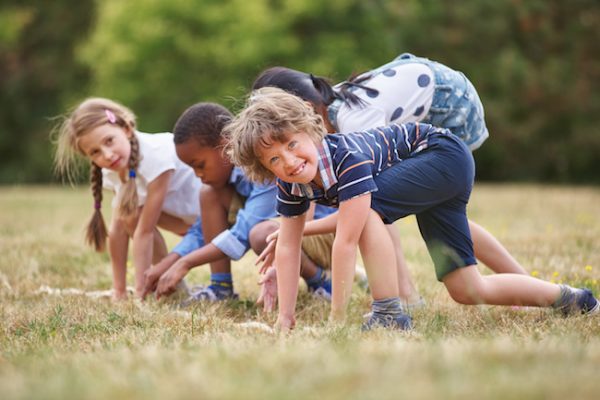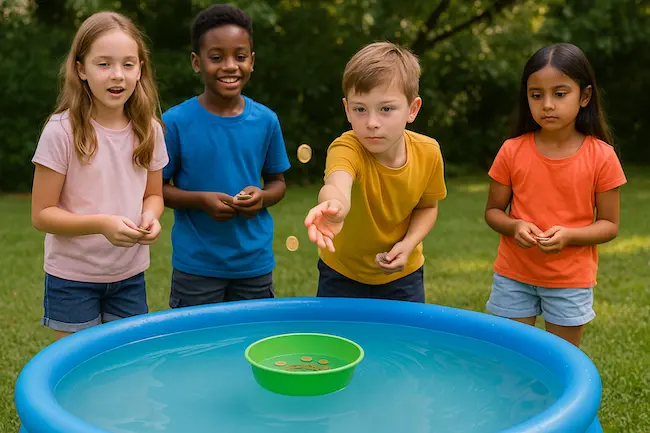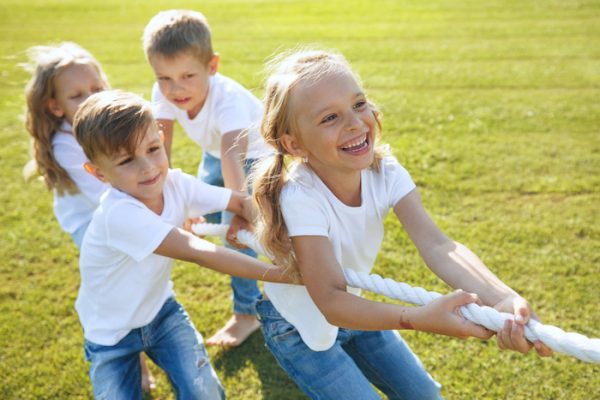Magic potion making – A hands-on science and fantasy game for kids
Magic potion making is a captivating activity where children mix colorful and safe ingredients to create bubbling, sparkling, and imaginative potions. This sensory-rich game encourages creativity, storytelling, and basic science skills, making it a perfect choice for birthdays, classroom workshops, or rainy day playdates. Whether indoors or outdoors, this interactive experience transforms kids into apprentice wizards for a magical moment of fun and learning.
Game sheet
Before you begin, here’s a practical summary to help you organize your potion-making station:
- Number of players: From 4 children
- Ages: Ideal for kids aged 7 and up
- Setting: Indoors or outdoors
- Play time: About 45 minutes
- Materials:
- Small bowls or flasks for mixing
- Spoons and pipettes
- Safe, colorful ingredients (see below)
- Recipe cards (optional)
- Optional: aprons or gloves for messy fun
This game adapts easily to different group sizes and can be customized to fit a theme or educational goal.
How to play the Magic potion making game
Set up the activity in a safe, open space where children can freely explore, mix, and experiment.
Game setup
Start by arranging all materials on a low table where children can access everything easily. Prepare illustrated recipe cards to guide younger players or let older ones invent their own concoctions. Introduce the game by inviting the children to become potion masters or apprentice wizards.
Gameplay
- Each child receives a bowl or flask, spoon, and pipette.
- They choose a recipe card or freely combine ingredients from the table.
- Encourage children to experiment with quantities and mixtures to observe different effects: bubbles, fizzing, foam, color changes…
- Once their potion is complete, they name it and describe its magical powers.
End of the game
Gather everyone for a “Potion Presentation Ceremony.” Each child explains how they created their potion, what it does, and what magical powers it holds. You can award fun certificates like “Master Wizard” or “Potion Expert” for added excitement.
List of fun potion recipe ideas
Here are a few creative ideas to spark inspiration and vary the potions children can create:
- Invisibility Potion: Blue water, silver glitter, a drop of liquid soap
- Strength Elixir: Red water, baking soda, vinegar
- Mystic Fog: Cornstarch, purple water, lemon juice
- Love Philtre: Pink water, gold glitter, gelatin
- Protection Bubble: Green water, soap, and floating stars
These combinations are safe and visually fun, creating a wow effect without any risk.
If your kids love imaginative adventures, they’ll also enjoy our Time Travelers game, where each round jumps to a new era!
Variations of the Magic potion making game
To keep the experience new and exciting, here are a few ways to adapt the game to different ages and occasions:
- Themed potions: Customize your station for Halloween, wizard school, fairy gardens, or superhero labs.
- Potion contest: Organize a friendly competition based on creativity, special effects, or funniest potion names.
- Glow potions: Use fluorescent pigments and black lights to create potions that glow in the dark.
- Science workshop: Incorporate real-life chemistry by explaining the reactions between vinegar and baking soda, or gelatin and water.
- Take-home flasks: Let children pour their potions into small sealed bottles to take home as souvenirs.
These variations make the game even more immersive and educational, while adapting to your specific event.
For another high-energy outdoor challenge, check out the Traffic Cop game — a perfect mix of movement and coordination!
Educational benefits of the Magic potion making game
This playful activity also supports child development in multiple areas:
- Stimulates creativity and imagination: Kids invent their own potion recipes and magical backstories.
- Introduces basic science concepts: Chemical reactions become tangible through hands-on mixing and observation.
- Improves fine motor skills: Pouring, measuring, and stirring help refine coordination.
- Encourages collaboration: Children often help each other, share tools, and discuss ingredients.
- Enriches vocabulary: Explaining potions boosts expressive language and storytelling skills.
- Fosters independence: Choosing ingredients and creating recipes builds self-confidence.
- Promotes sensory exploration: Colors, textures, and even sounds offer a full sensory experience.
- Reinforces safety and responsibility: Following rules for safe handling of materials builds awareness.
- Teaches patience and perseverance: Children must experiment and refine their mix to achieve the desired effect.
- Boosts critical thinking: Trying new ingredient combinations sharpens logic and curiosity.
Looking for a simple indoor favorite? Try the classic Four Corners game, perfect for groups and rainy day fun.
FAQ – Magic potion making
To help you prepare or adapt the game, here are some common questions from parents and teachers:
- Can I organize this activity for a younger group (ages 4–6)?
Yes, but it’s best to simplify the process. Pre-measure ingredients, provide just a few choices, and supervise closely. - What if we don’t have all the ingredients listed?
No problem! Use what you have at home: flour, colored water, shaving cream, food coloring, and glitter all work well. - Can this activity be used in a classroom setting?
Absolutely. It’s ideal for science days, themed learning units (fantasy, senses, mixtures), or end-of-year fun. - Is it safe for kids with allergies or sensitivities?
Yes—just check your ingredient labels and avoid scented or skin-reactive materials if needed. Always have children wash hands after play.
Ready to mix some magic?
Turn your next party or class event into a magical laboratory with this interactive, hands-on activity. And for even more themed fun, check out our printable treasure hunts, escape rooms, and mystery games for kids—perfect for sparking adventure and imagination!


